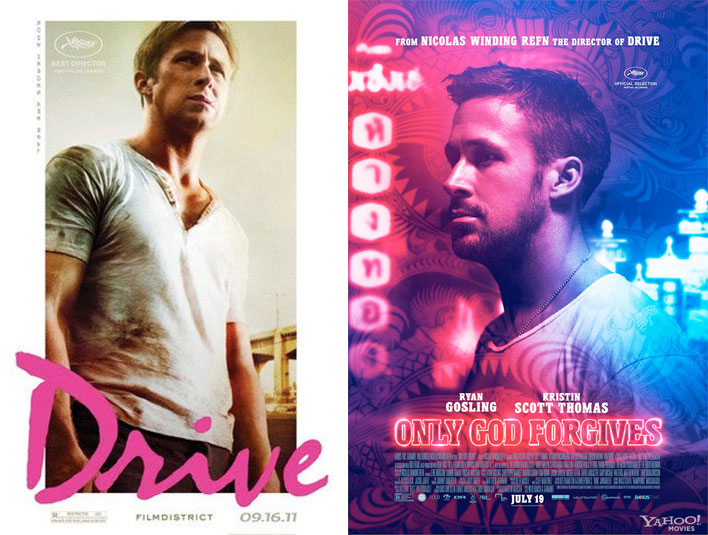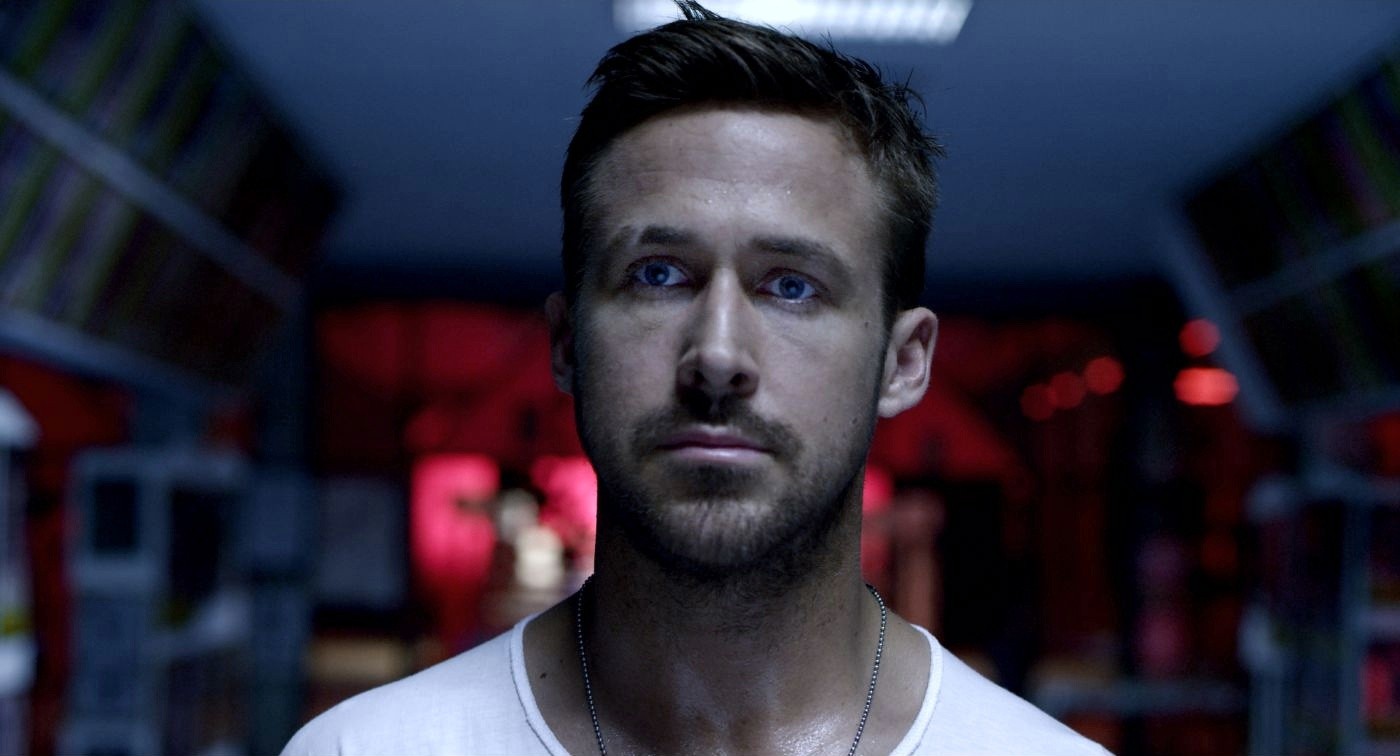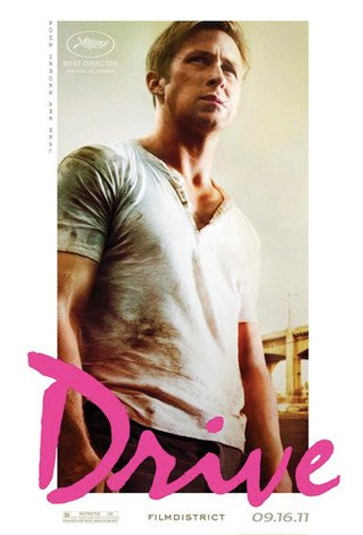Reading what’s extraneous
Last week at Big Other, Paul Kincaid put up a brief but intriguing post in which he asks to what extent various factors surrounding a text influence the way we think about it or its author. He gives the following example:
The program I use for databasing my library pulls down information from a wide variety of sources ranging from the British Library and the Library of Congress to Amazon. More often than not, this can produce some very strange results. I have, for instance, seen novels by Iain Banks categorized as ‘Food and Health’, and novels by Ursula K. Le Guin categorized as ‘Business’. In all probability, these are just slips by somebody bored, though you do wonder what it was about the books per se that led to such curious mistakes.
Paul’s musings raise many interesting questions. For one thing, we might wonder whether the factors he’s describing are indeed extraneous or external to texts. Because I can imagine a good post-structuralist immediately objecting that texts more porous than that, and that it’s all just a sea of endless texts slipping fluidly into one another.
Me, I don’t have a problem with treating texts as discrete and coherent entities, but I admit the situation is complicated.
I recorded a commentary track for “Drive”

Hey, HTMLGiant. I recorded a commentary track for Drive; you can download it here. It’s an mp3, 42 MB, 104 minutes long.
Of course I made it so brilliant that you can just listen to it on its own. But if you watch it with Drive (recommended!), it’s all synced up, so cue it to start when the Universal logo starts.
Related posts:
- “DRIVE”
- “Let’s watch a scene from Drive and analyze it”
- “Cliché as Necessity (Birthing Innovation)”
- “Something Film Understands but that Literature Doesn’t”
- “A Little Bit More on Cliché”
Next, I’ll record commentary for Inception.
And Scott Pilgrim vs. the World.
And The Lord of the Rings trilogy.
And Southland Tales.
Update: I forgot to include a link to Scorpio Rising. Here’s a clip:
And here’s the full film.
DRIVE
You’ve probably heard by now that Drive is very, very good. That’s because Drive is very, very good. Indeed, it’s about as good as a Hollywood film can be these days—it even bears comparison with the great B-movies of the late ’70s / early ’80s, which supposedly went extinct when Hollywood transformed itself into a industry of nothing but A-movies. (Box Office Mojo lists Drive’s production budget as $15 million, which is half as much as Woody Allen’s most recent film.)
After the jump is a spoiler-free list of ten things that I loved about the film.



